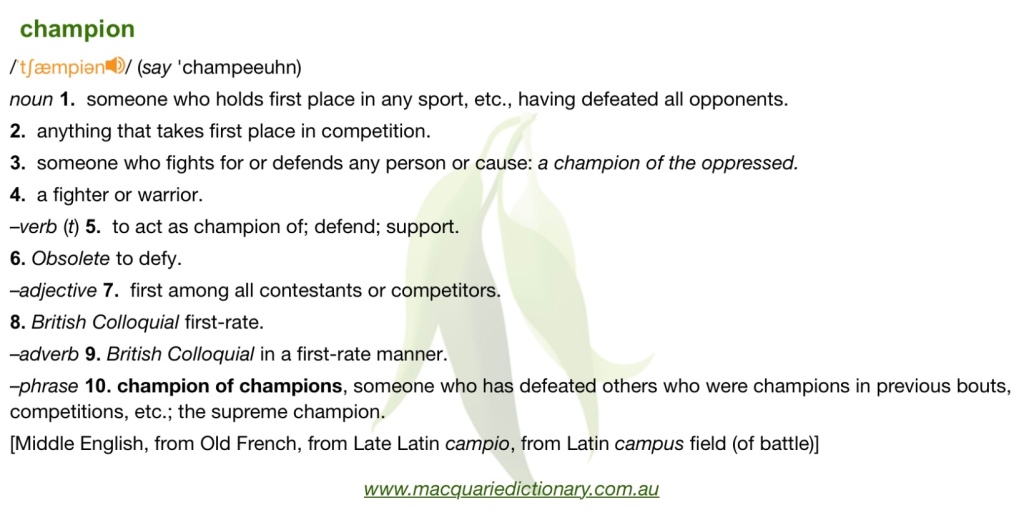My colleagues and I spent today in a conference that explored the philosophy and practice of pedagogy in the 21st century.
Pedagogy is an awkward word. To me, it’s not pleasant to say because it feels clunky in the mouth, and it doesn’t sound nice either. Most people have no idea how to pronounce it — say ped-uh-god-gee — or what it means, so it feels artificial or intellectually snobbish to say it in conversation, even professionally. Therefore, it is a word which is deliberately avoid using much at all.
Pedagogy is the process of leading children through learning to maturity. It applies to both the leadership of learning and the art or discipline of teaching.
The word pedagogy dates back to the late 1500s, when it was first used to refer to the science or art of teaching. 1580s, It came into English from 16th century French pédagogie which in turn came from Latin paedagogia and Greek paidagōgia which both meant education or attendance on boys. This came from the Greek paidagōgos which meant teacher.
These days, the word pedagogue is often used to refer to a teacher who is very strict, or who adheres to formal rules and practices.
In Ancient Greece, though, pedagogues were originally slaves who escorted children on their way to and from school, and supported and protected children as they learned. The word later came to refer to the a teacher who led, taught, admonished, mentored and encouraged children on their way to becoming young adults. The role of a teacher, then, was not just the delivery of knowledge, it was holistic training that prepared a young person for adult life.
This is definitely more true of my experience as a teacher in 21st century Australia. We do far more than just deliver knowledge. While content is still king, we create opportunities to model, mentor, support, train, and support our students in myriad ways. We observe and listen to them just as much as we expect them to do. It is how we deliver lessons that makes a difference in the effectiveness of our teaching.
We understand that the messages we send to our students and their families are powerful. Overtly and covertly, teachers who care about pedagogy communicate care, attention to detail and expertise in our subject areas. We are purposefully welcoming and inclusive. We strive for the overall success and flourishing of each of our students. We aim to be positive, consistent, engaging and professional. We are profoundly aware of the sad truth that, for some children, we are the most positive adult role model in their lives.
In the past 18 months, we have learned to reinvent our teaching and deliver quality learning to our students in online environments, pivoting between face-to-face teaching and remote learning like a highly accomplished ballerina performs a pirouette. We have done everything we can to ensure that our pedagogy has not fallen by the wayside as a result of the challenges of teaching throughout a pandemic.
In my experience, the experience of having their children learning from home has brought most parents to a much greater appreciation of how much teachers actually do, and of how hard they work. It has accentuated that care, support and modelling delivered by teachers that really fulfils that Ancient Greek tradition of the pedagogue.
Teaching in the 21st century is at times frustrating and exhausting, but it is also incredibly fulfilling and rewarding. To see our students grow, flourish, refine their gifts and pursue their destiny is a blessing, and the feeling is actually hard to describe. To have trained them not only in knowledge, but also in thoughtfulness, maturity, empathy and critical thinking is to have done our job to its fullest degree. That is true pedagogy.
An awkward word it may be, but positive, constructive pedagogy is a beautiful thing. It is simultaneously a discipline, a science, and an art.
Sources:
Etymonline
Cambridge Dictionary
 Find all my book details, new writing and more at my website: www.jvlpoet.com
Find all my book details, new writing and more at my website: www.jvlpoet.com

















